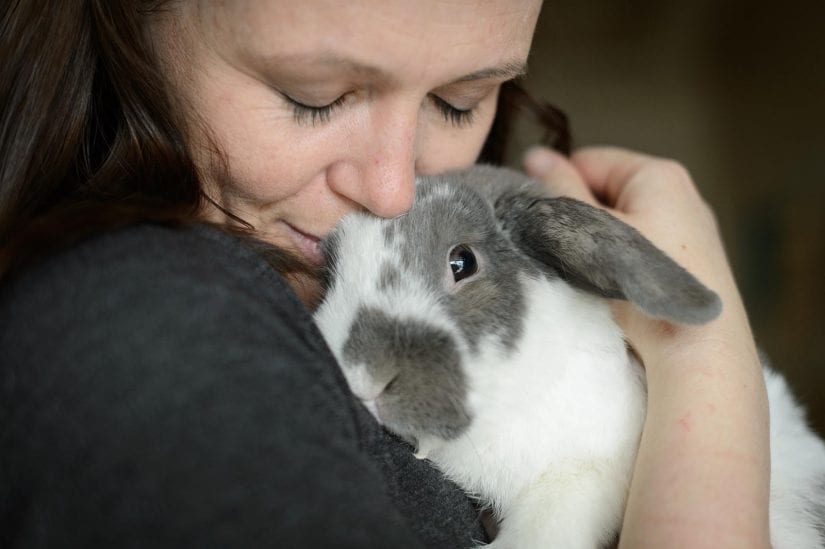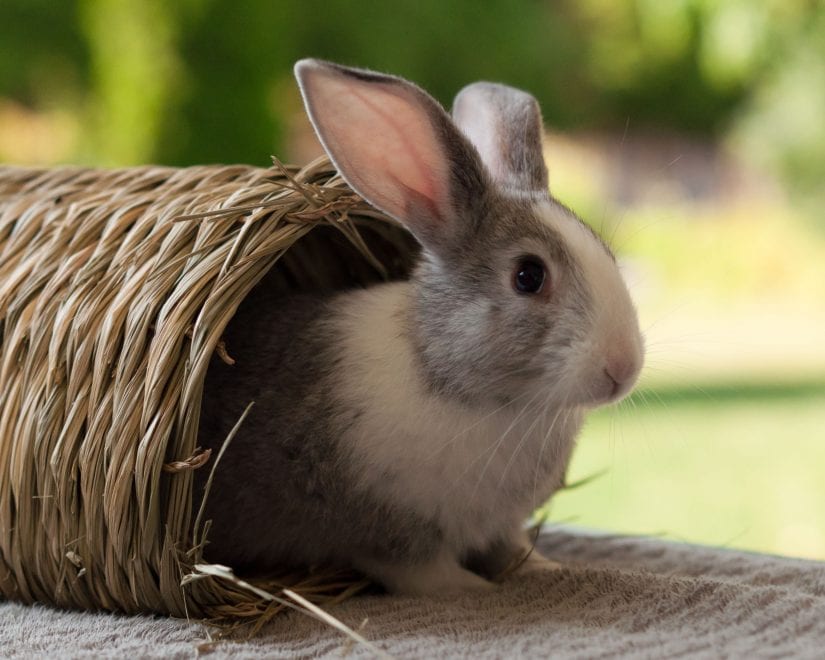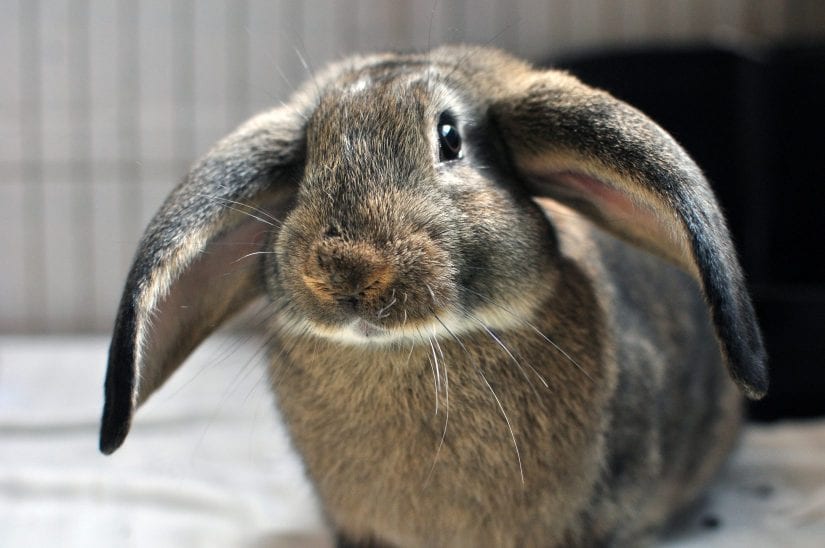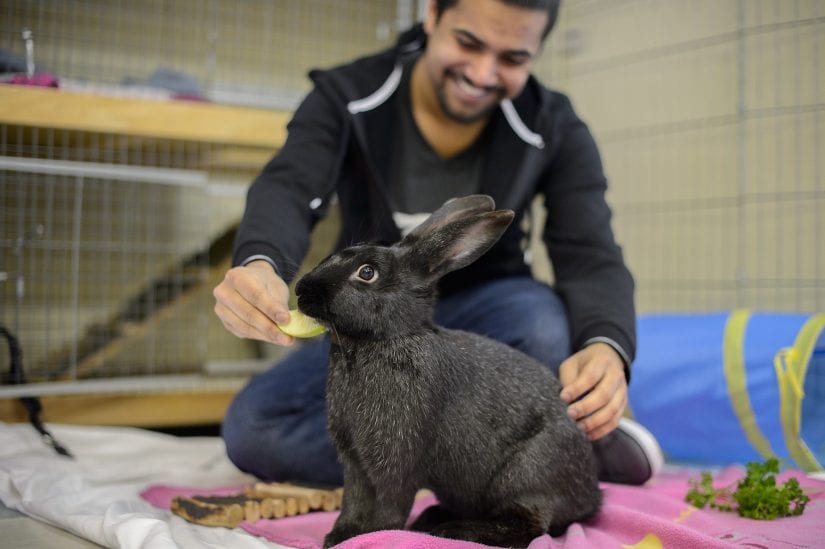At the end of just one year, a single unspayed cat could be responsible for as many as 30 kittens.
Most of us are familiar with estimates like this, and understand the urgency for spaying and neutering our feline family members. But these numbers pale in comparison to the reproductive potential of rabbits.
Breed like rabbits
The saying ‘breed like rabbits’ exists for a reason: in the same amount of time that it takes for those 30 kittens to be born, there could be as many as 450 baby bunnies hopping around from just one unspayed rabbit! (This is assuming an average litter size of six, with half of the babies being female.)
Female rabbits are pregnant for about a month. Then, once they give birth, they are capable of becoming pregnant again almost immediately. Combine that with sexual maturity at roughly six months of age (or even earlier, depending on the breed) and you have the perfect recipe for a rabbit population boom.

Too many rabbits, too few homes
Scroll through the pet section of any online classified site and you will see dozens of ads for rabbits being rehomed. Sadly, because they are so prolific, accidental litters are not uncommon. This means that we are facing a rabbit overpopulation problem here in B.C. There are more rabbits than homes available to care for them.
Making sure that your own rabbit is spayed or neutered is a great first step in tackling this problem.

Benefits of spay/neuter for rabbits
Preventing rabbit overpopulation is just one of the reasons why it is so important to have rabbits spayed and neutered. Getting the surgery done also comes with health and behaviour benefits. Compared to intact rabbits, rabbits who are spayed/neutered:
- Tend to have more reliable litter box habits
- Are less aggressive, generally calmer and suffer less stress from sexual frustration
- Have less smelly urine and fecal pellets
- Are significantly less likely to develop reproductive (e.g., uterine) cancers later on in life
- Can be paired with a rabbit companion of the opposite sex without the risk of unwanted litters
Of course, any surgical procedure carries some risks. However, the overall benefit outweighs the risk for most animals. Talk to your rabbit-savvy veterinarian about the best choice for your rabbit.
Living with an intact rabbit
Many people who put off the surgery wake up one day to find that their well-mannered, good-natured pet has developed some frustrating ‘problem’ behaviours. As they enter sexual maturity, rabbits may begin to:
- Use the litter box much less consistently
- Spray you, your other pets, and the floor, walls and furniture with urine
- Mount and hump their toys, your feet and your other pets
- Growl, box and lunge at you and even nip you with their teeth
- Chew and dig more destructively
Fortunately, hormone-induced behaviours like these can be addressed through spay/neuter.

Finding a rabbit-savvy veterinarian
When searching for a veterinarian to spay or neuter your rabbit, it is important to find one who has experience with or specializes in exotic animals (animals other than cats and dogs). A veterinarian knowledgeable about rabbits knows safe rabbit surgery techniques.
Rabbit adoption is a good option
Each year, the BC SPCA cares for hundreds of rabbits. Unlike most rabbits from pet stores or breeders, BC SPCA rabbits are spayed and neutered prior to adoption. This means that you can keep a male and female pair together, free of the worry of an accidental litter. Most rabbits love having another rabbit for company.
Ready for a rabbit or two? Find your perfect match at one of our many locations across the province.
Not sure you are rabbit-ready? Learn more about what to expect as a rabbit guardian.

